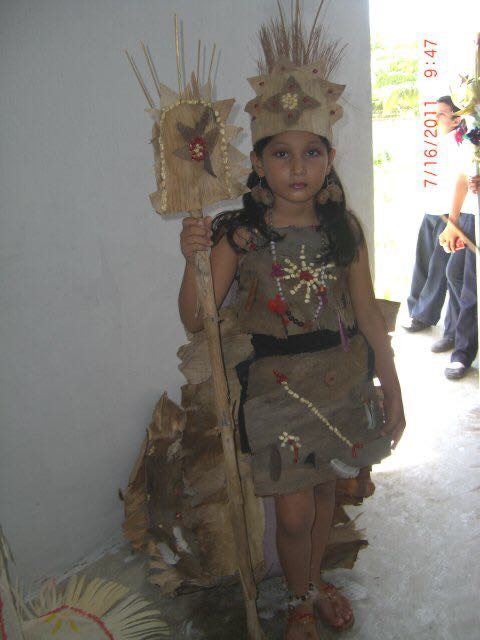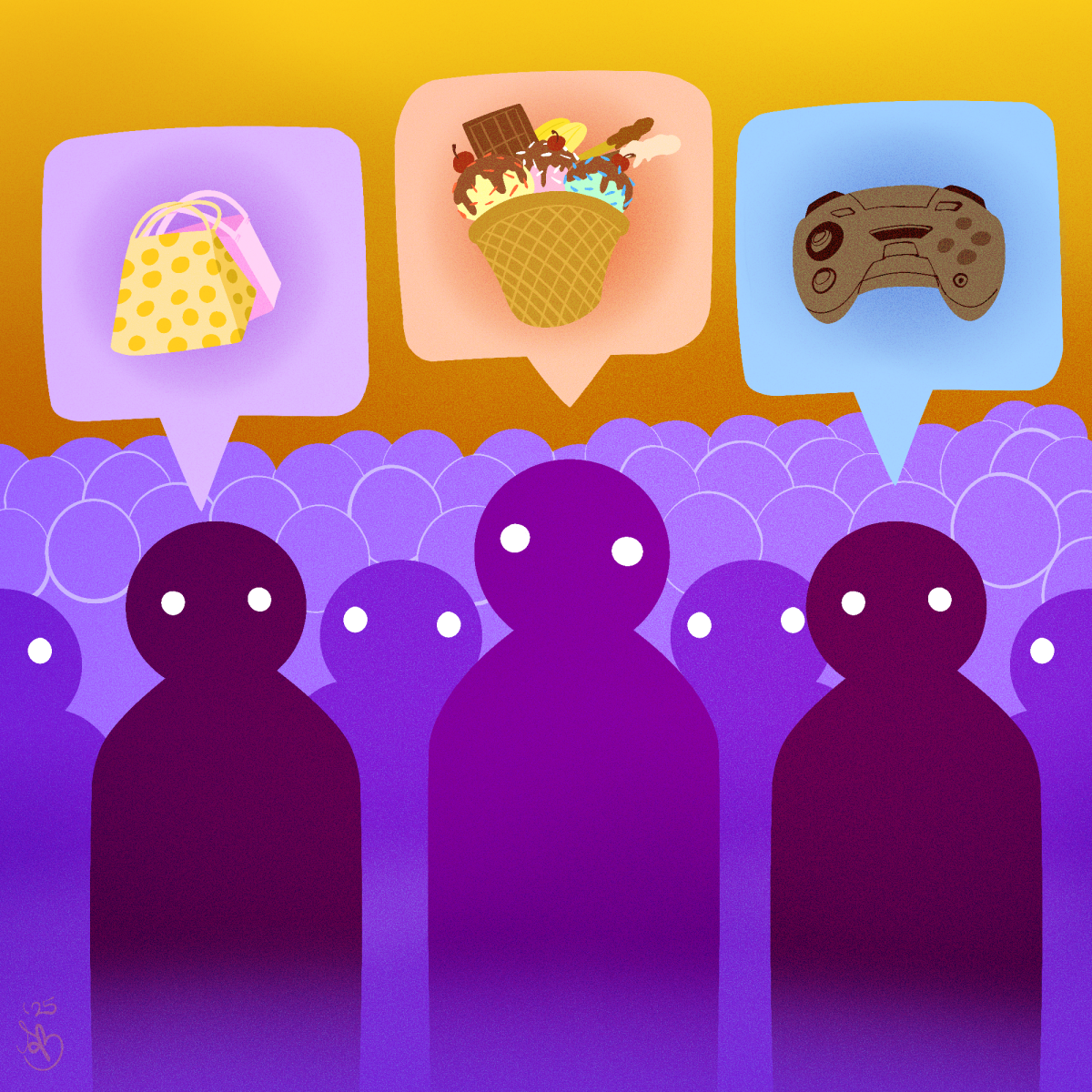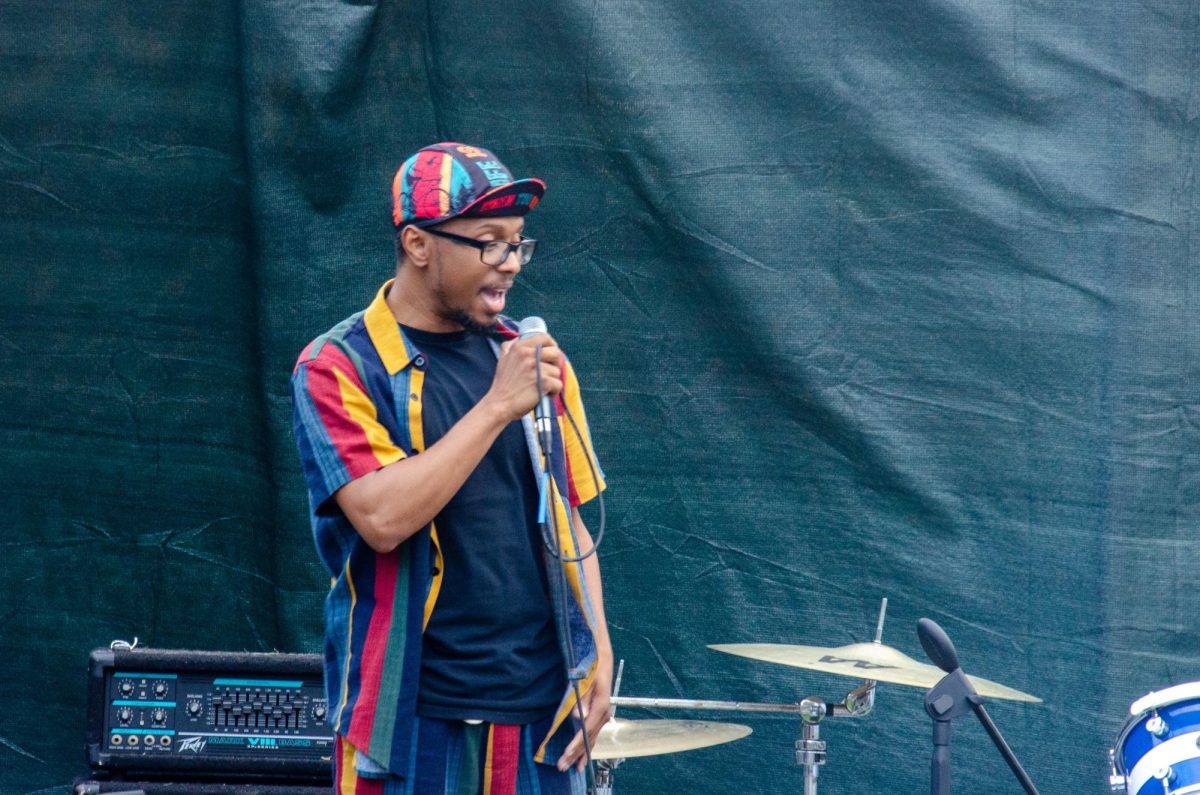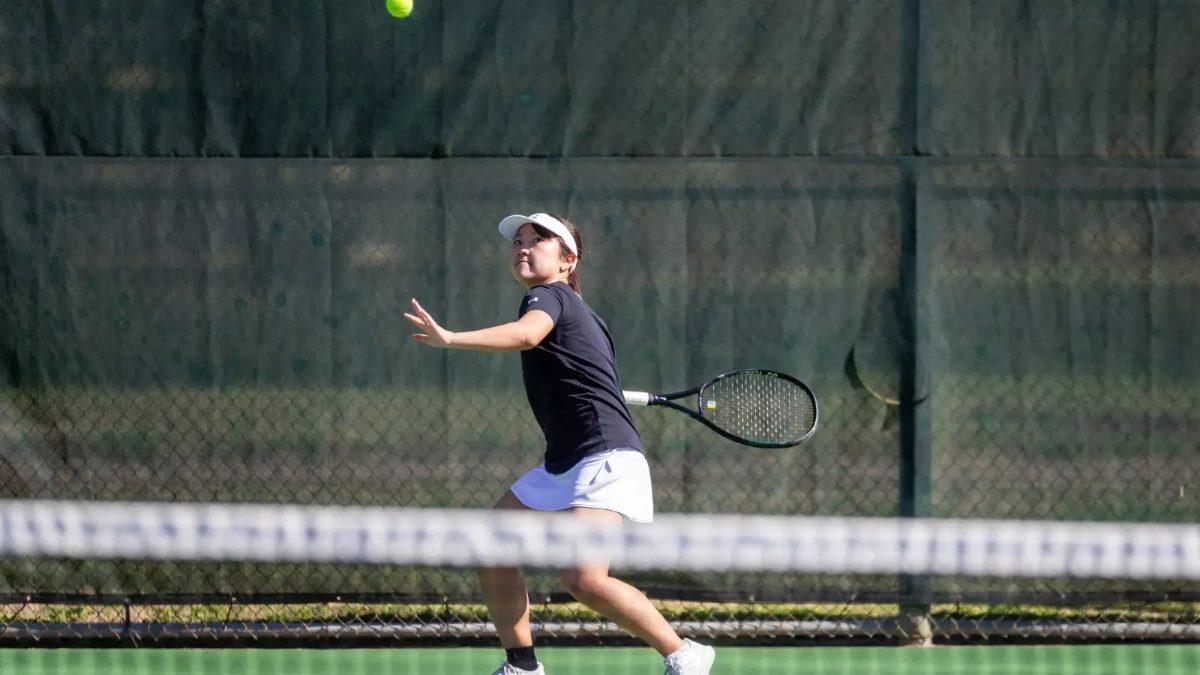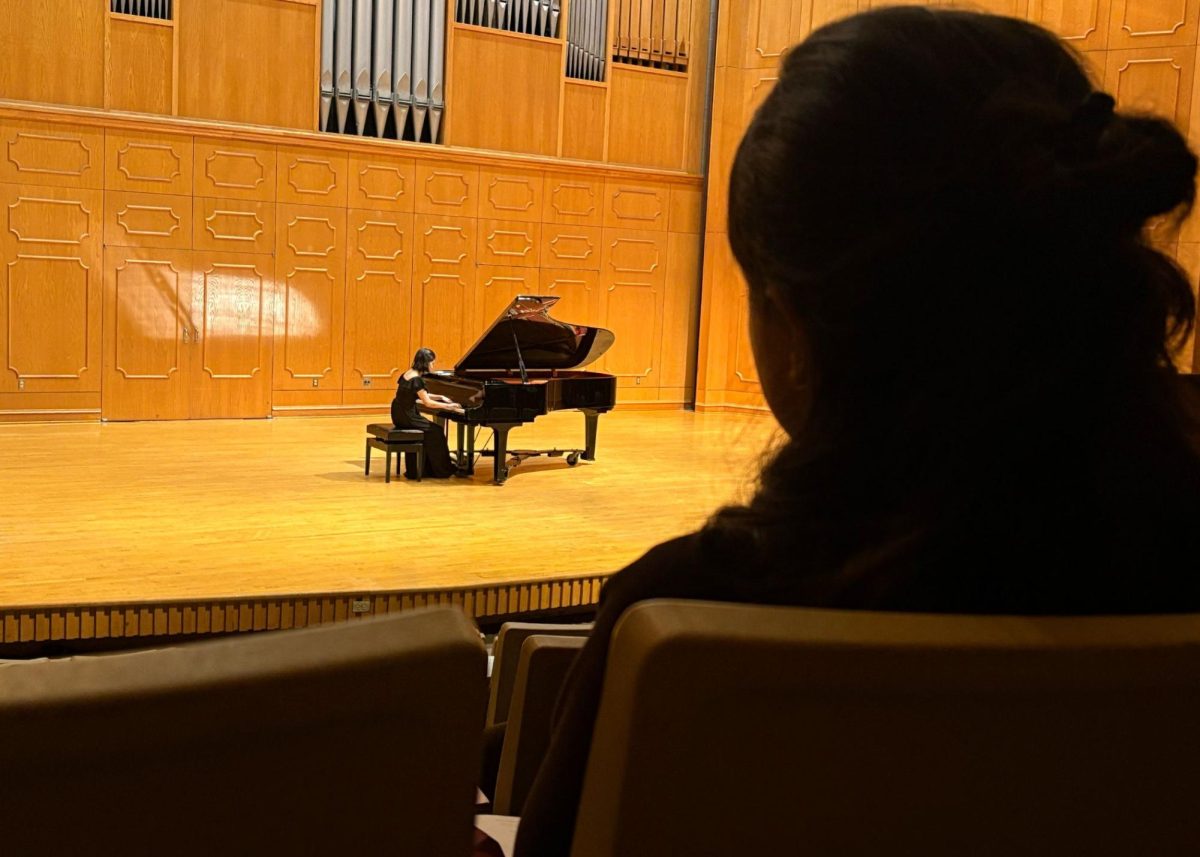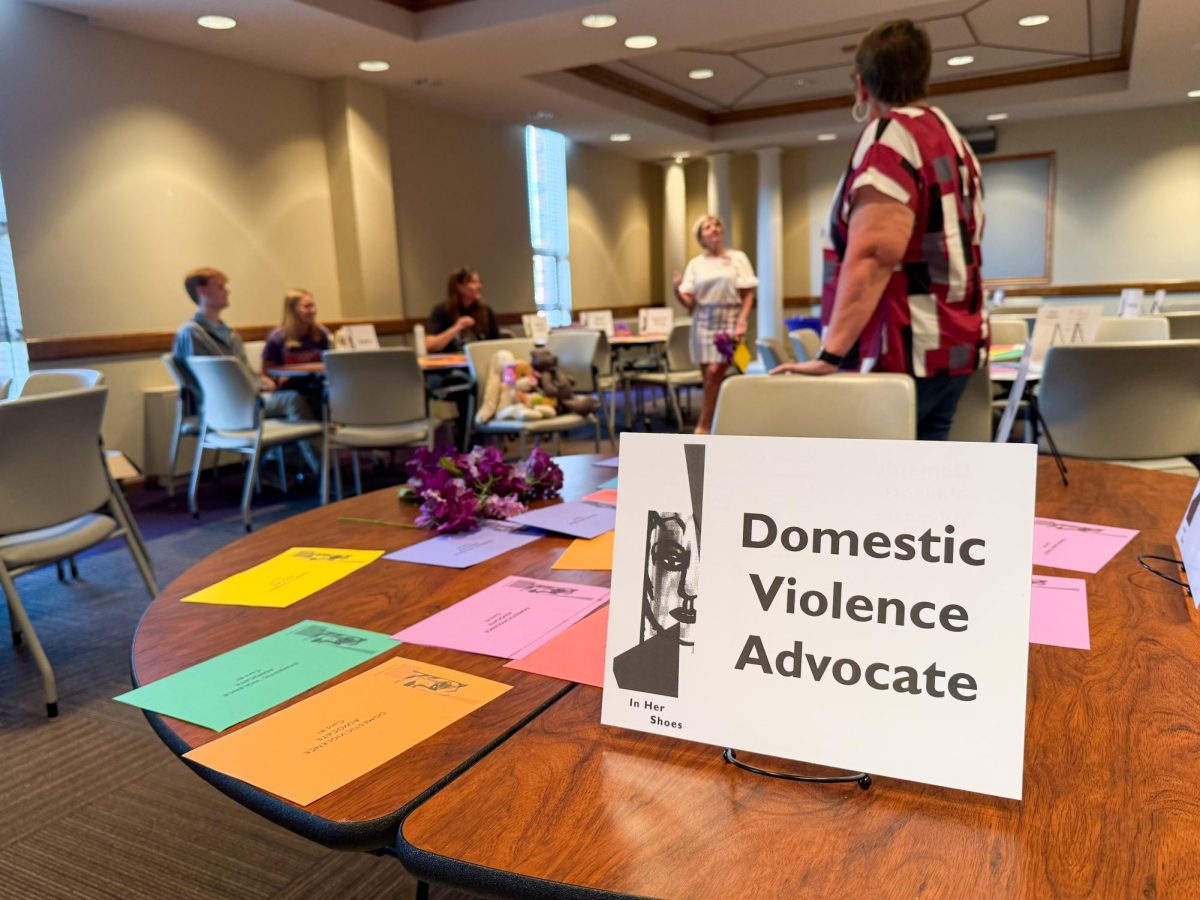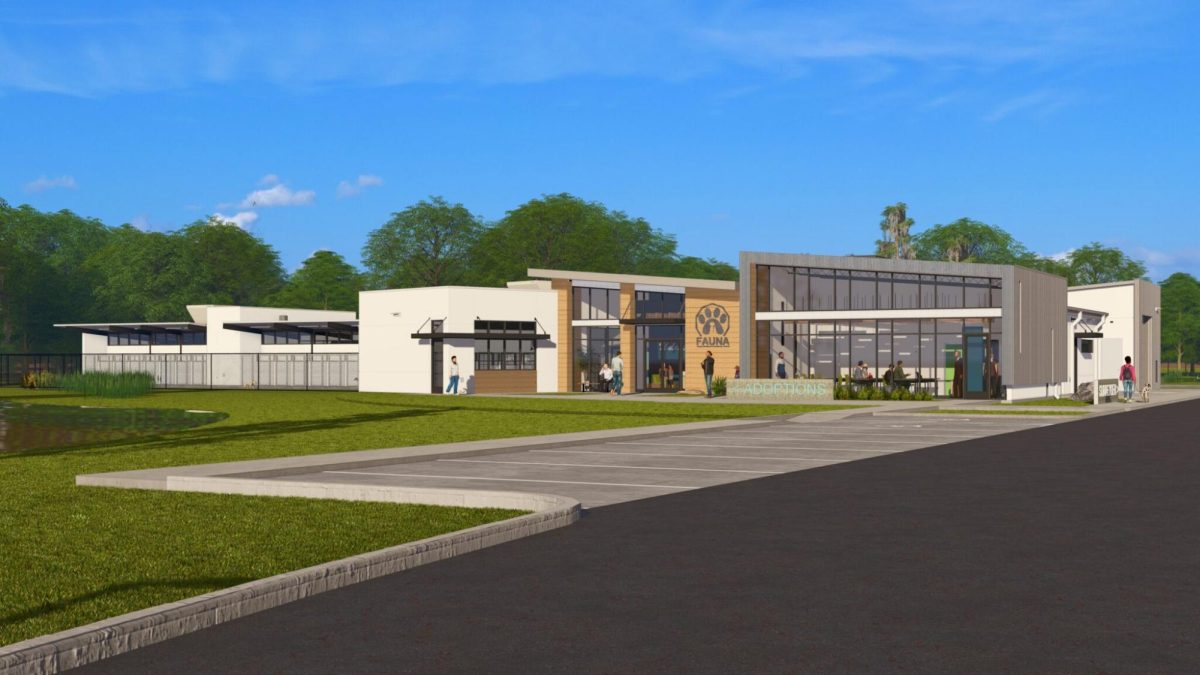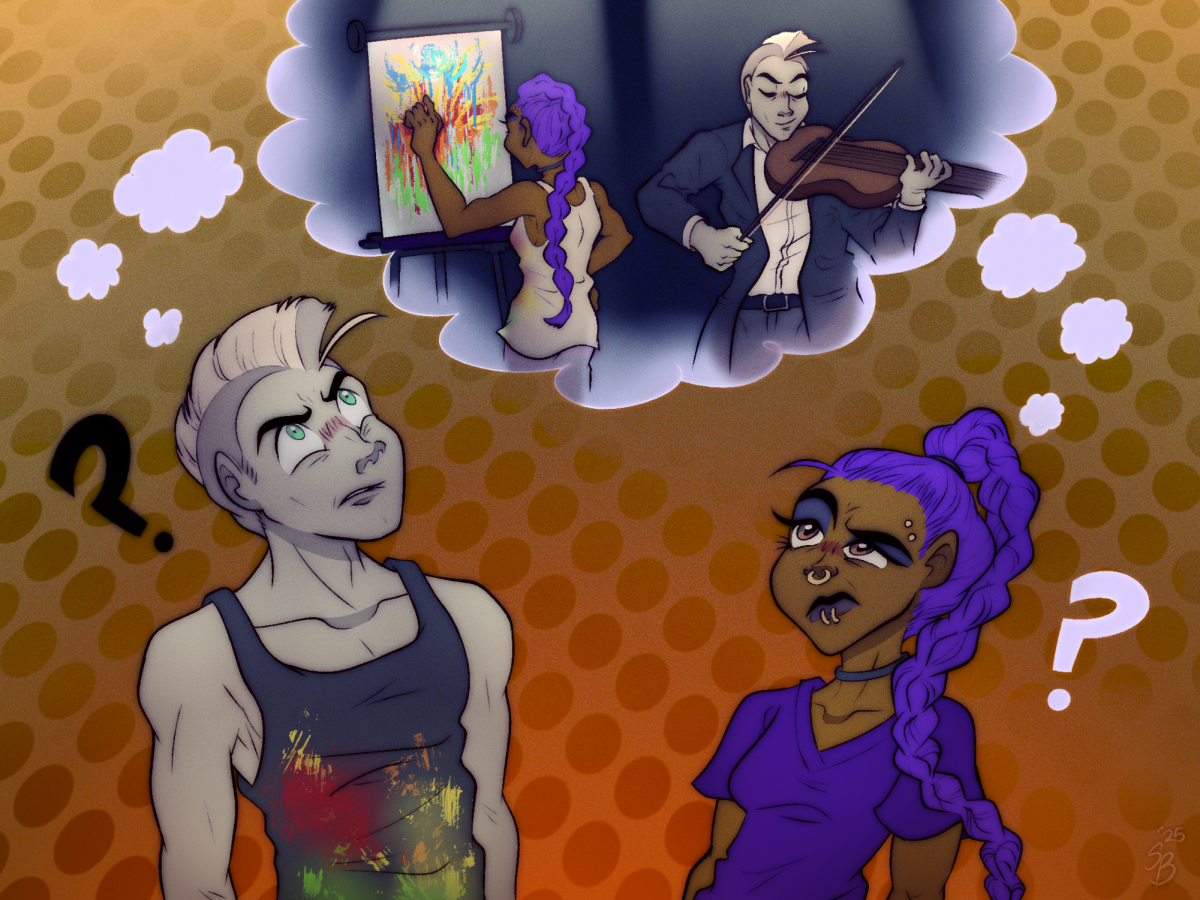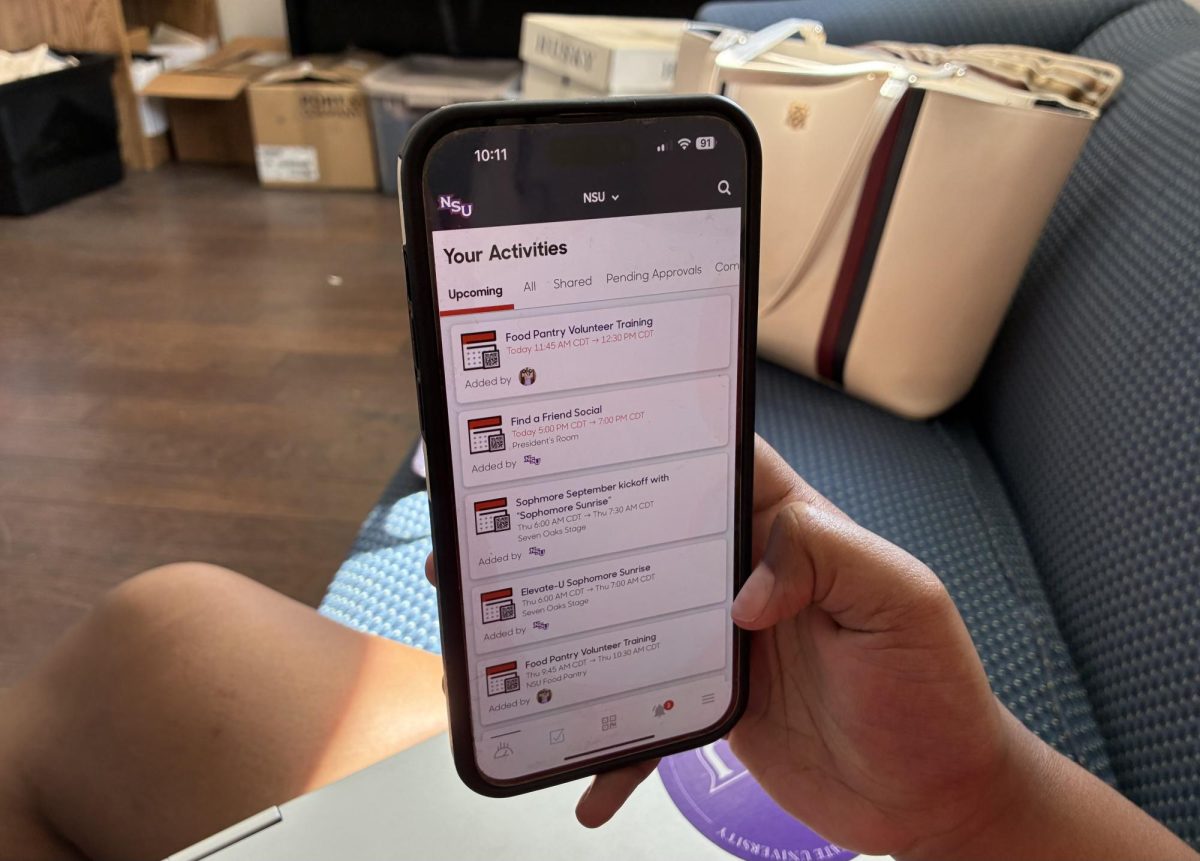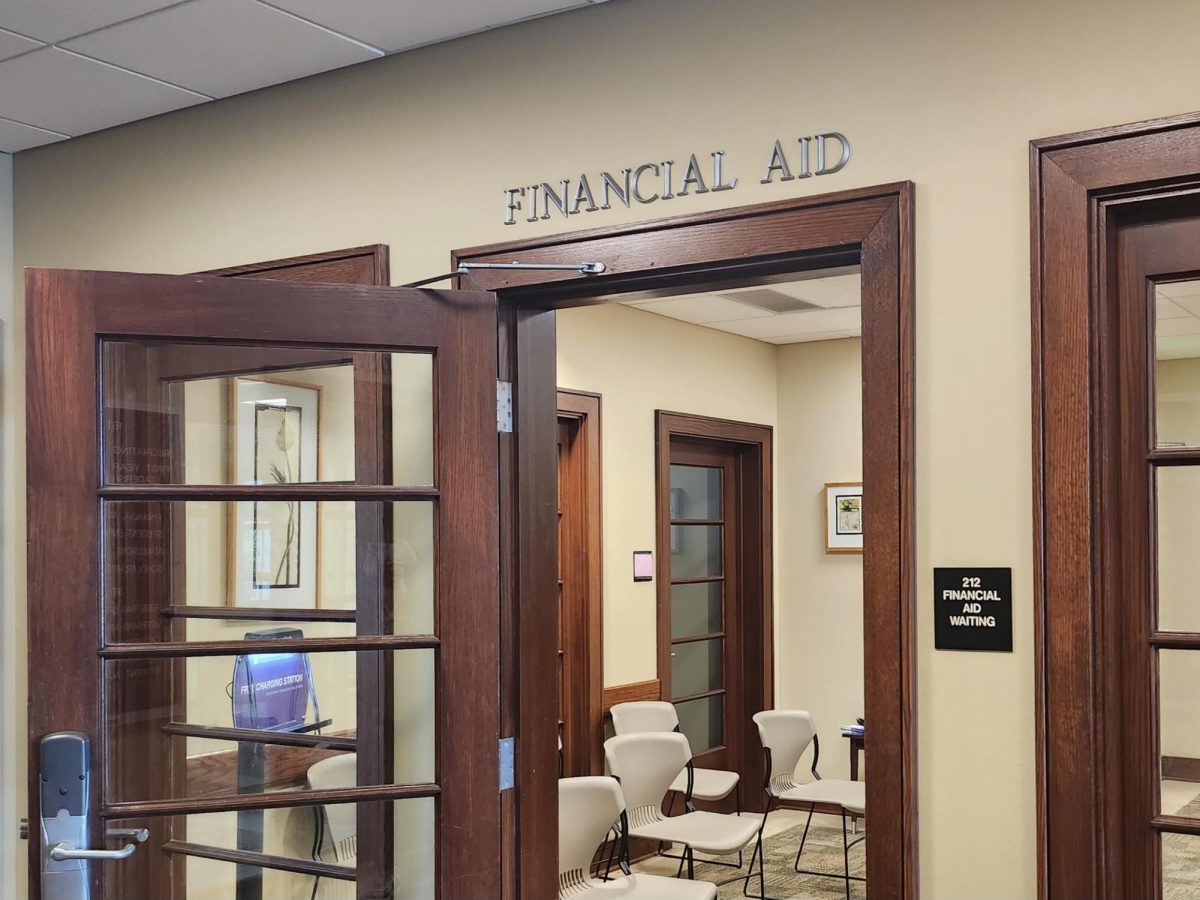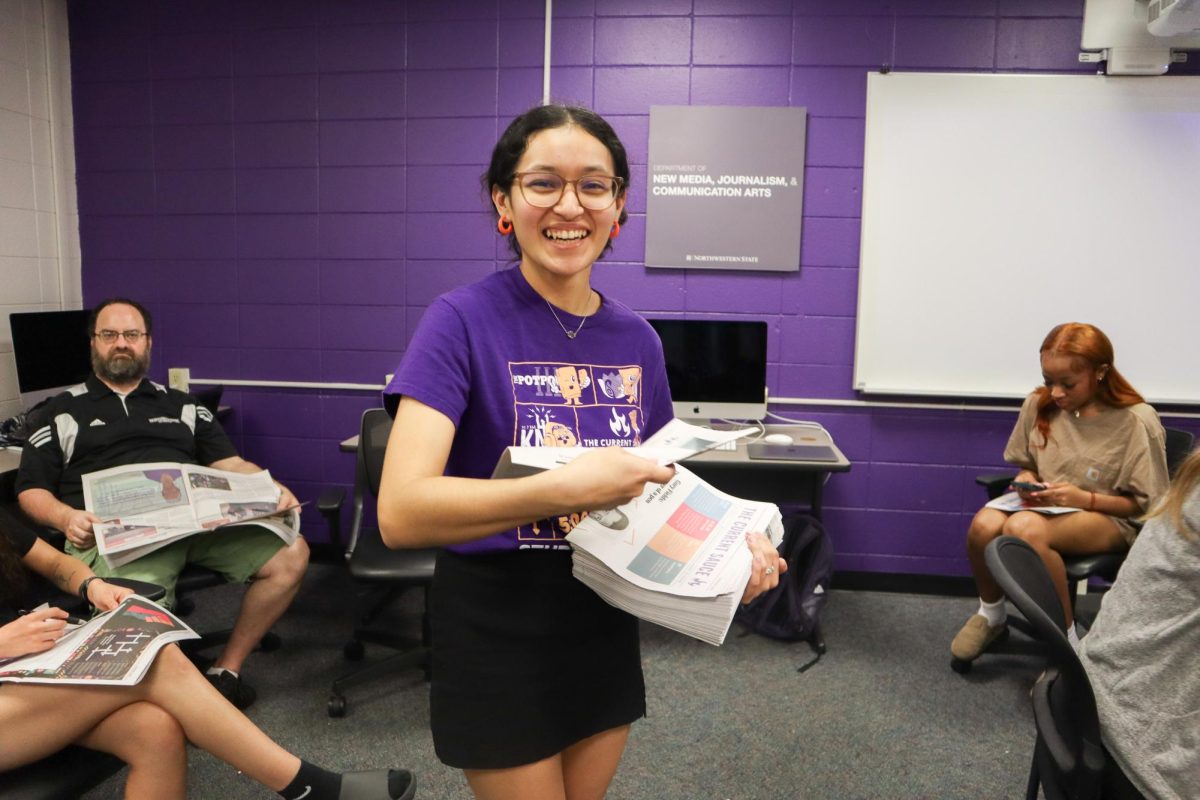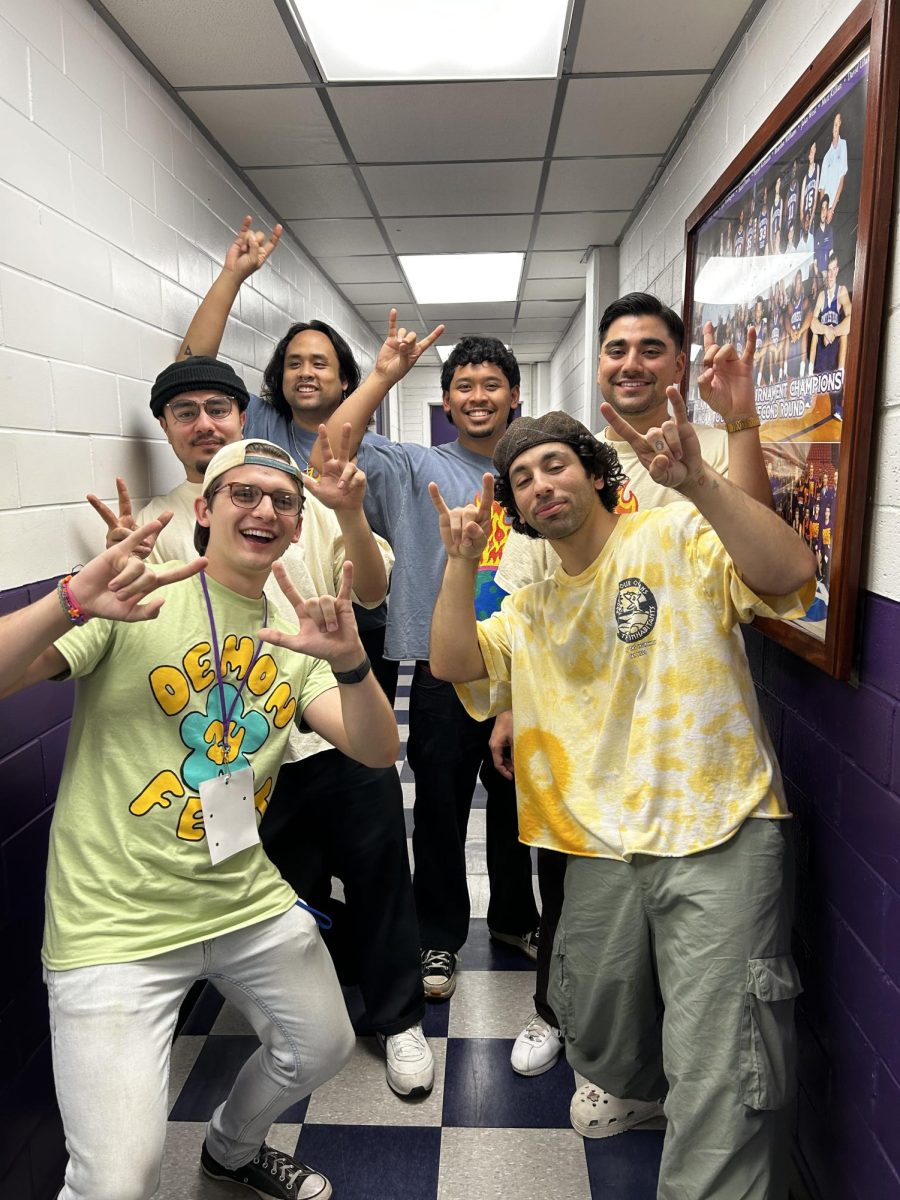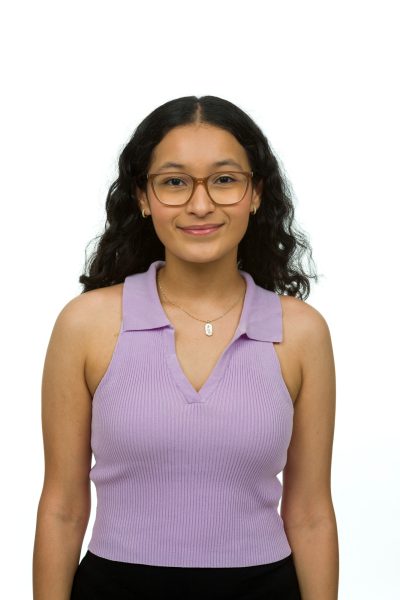For the first nine years of my life, all that I ever knew of the world was Honduras. Spanish is my first language, and for nine years that is the only language I thought, spoke and understood.
My whole life was Honduras, and it still is Honduras.
However, the years that I have been living in the United States are starting to be more than when I lived in my home country. In some ways I feel American, sometimes I feel Honduran but most of the time I feel neither.
What many immigrants that are children don’t talk about is the assimilation that we are subject to in the school system. You either conform to succeed or you genuinely struggle. For me, it was a combination of the idea of success, the fact that I lived in an English household and the societal pull to fit this new image and world I was living in that stripped some of my Honduran heritage.
This is not to say I regret the choices that I made, because if it weren’t for them, I wouldn’t be here. Instead, I want to portray how these choices have given me a complex look at my cultural identity.
I still have an accent in English. I’m okay with that. But it was when every summer I returned home to visit my mom and family that they started correcting my Spanish because I didn’t practice it enough that I realized my cultural shift.
Many of my English-speaking friends do not believe me when I tell them I have an American accent in Spanish. They look at me crazy, but I do.
When I came to college and started meeting international students, they couldn’t believe it when I told them I was born in Honduras and lived there. My mannerism and thoughts are a weird mix of southern Louisiana and Honduran manners.
Often, I tell people I’m from southern Louisiana. A little town called Galliano that is located 70 miles south of New Orleans. My northern Louisiana friends believe me when they hear me say southern phrases. But when I interview people from the Bayou, they tell me I sound nothing like them.
For the past few years, I’ve been playing a game of tug of war trying to figure out who I am.
I always and notoriously introduce myself as Honduran as often as I can. But I can’t deny the thoughts and awareness that were shaped by my other half of my childhood living in Louisiana. I try as much as I can to be both, to feel like I belong to both, but that’s never the case.
I’m bicultural even though I don’t like the way that word feels in my mind. It’s hard to accept two cultures without feeling like you’re neglecting one.
Recently, I got my U.S. citizenship, and while most celebrated their new title of citizen, I felt guilty. I feel like wanting to be identified as Honduras takes away the struggle and years it took to become a U.S. citizen, but I also feel like I have nothing else to prove that I am Honduran.
There are parts of my childhood memories that are slowly getting erased as I grow older and those are my only Honduran memories. All the involvement in Honduran holidays and the contests I did at school to celebrate my heritage are becoming photos forgotten in my photo app.
I can’t call myself Honduran-American. I was not born here, and I no longer have Honduran citizenship.
I often think that immigrant children and first-generation children have the same struggle. We feel like we’re not from our home country or our parent’s home country, but we also aren’t from the U.S.
It’s a sacrifice of belonging we take to achieve success. To me, these are the unspoken truths of the American Dream.
Feeling like you don’t belong to either culture when you want to belong to both.





















